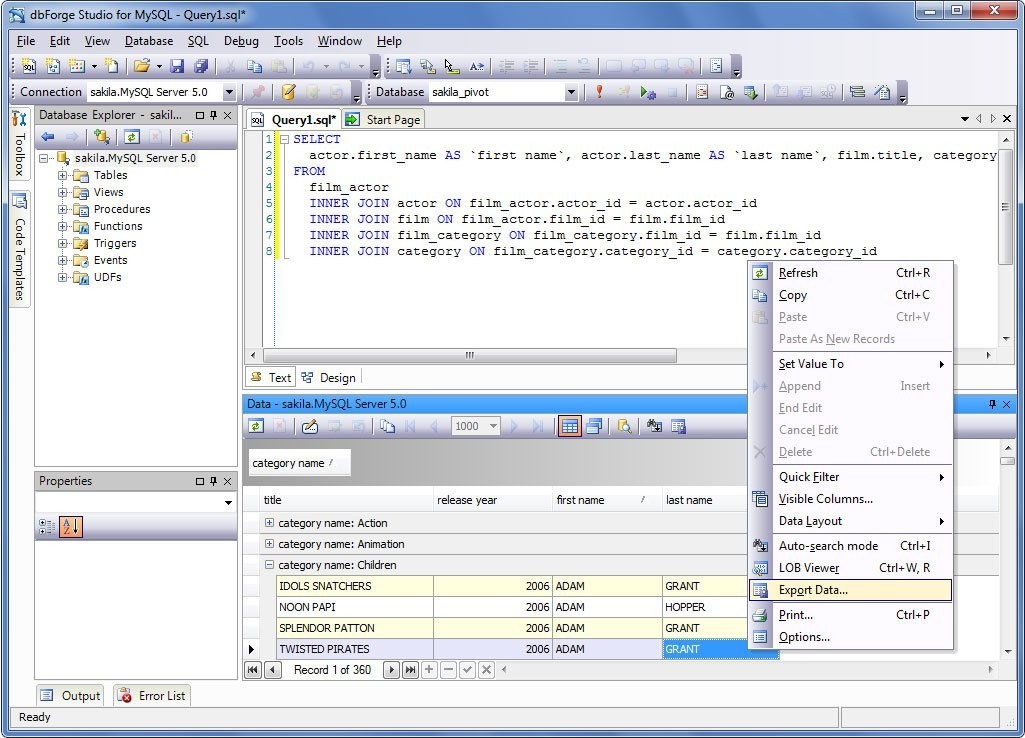
Thanks to Google and its ability to “read” JavaScript, it works pretty well, and it’s even SEO friendly. Since frameworks like Angular, Ember.js, and Backbone exists, front-end developers have tended to render everything client-side. What’s the difference between these solutions and a fully client-rendered application? Client-rendered Application But it’s not the only solution to deliver a fast experience to the user with a super fast time-to-first-byte (TTFB) score: Pre-rendering is also a pretty good strategy. Server-side rendering is getting more and more traction thanks to React and its built-in server-side hydration feature. But it can make all of us better at our jobs if we're developing for the web.There is something going on within the front-end community recently. As developers it's not something that we necessarily do every day. Who in here is in Google Analytics regularly? So we got James, we got Mark, couple folks looking around. But the core of the offering is definitely free. Then you can get closer to real-time data, and it's more granular information. I forget what the actual price tag is, but it is quite expensive. There is a premium offering for Google Analytics, but it is, what is it like, it's in the six figures annually. > Kevin Whinnery: You can sign up for Google, I know, yeah its free.

#Universal database front ends free#
> Speaker 2: So are parts of Google Analytics free, or are they just all free or. And you can help them find it a little bit more easily. And when you look at some of the data coming from your application, you'll be able to serve your users better.
#Universal database front ends code#
Once you realize that you want to be working as smartly s you can, and not just shipping code with your head down, Google Analytics can help you make the best decisions possible for what you're going to be focusing on. For what you spend your time on, ends up being a useful skill to acquire. So using Google Analytics as a part of your decision making process as a developer. But all it is without data is your opinion. So, why do you care about analytics in the first place? Mostly because you don't know everything, right? You may have a strong hypothesis about what a user might need. And then we'll also take our last code break of the day to actually implement Universal Analytics on our TodoMVC application using a handy node module. I'll hop in at the UI and point out a couple of the key features that you might wanna check out in your quest to find data about your users. So what we'll do in this section is we'll learn a little bit about what kind of intelligence we can glean from Google Analytics. But the core of it all is definitely the data that we get out of Google Analytics. There's Optimizely, which is useful for A/B testing. You can actually retroactively pull those events out. And you don't need to instrument those events ahead of time. By essentially creating CSS selectors for elements on your page and attaching events to those.

My new favorite toy is Heap Analytics, where you can retroactively create behavior statistics. There are actually some other paid tools that you can use that are very cool. And the primary tool that I use to do that is Google Analytics. But understanding what's going on in your application from a user's perspective is something that I try to get better at every every day, and make part of my decision making process as much I possibly can. > Kevin Whinnery: What we're gonna finish up with is a topic which is near and dear to my heart, which might be kind of strange considering I'm a developer by trade. Transcript from the "Google Universal Analytics" Lesson


 0 kommentar(er)
0 kommentar(er)
